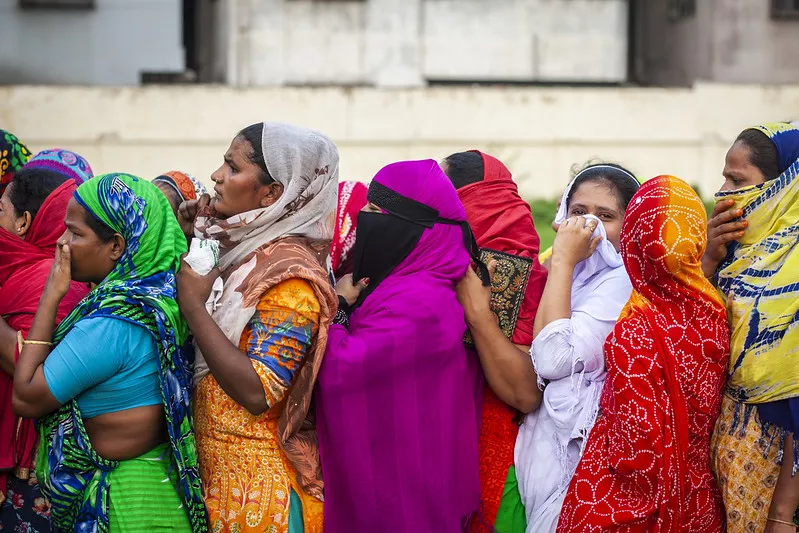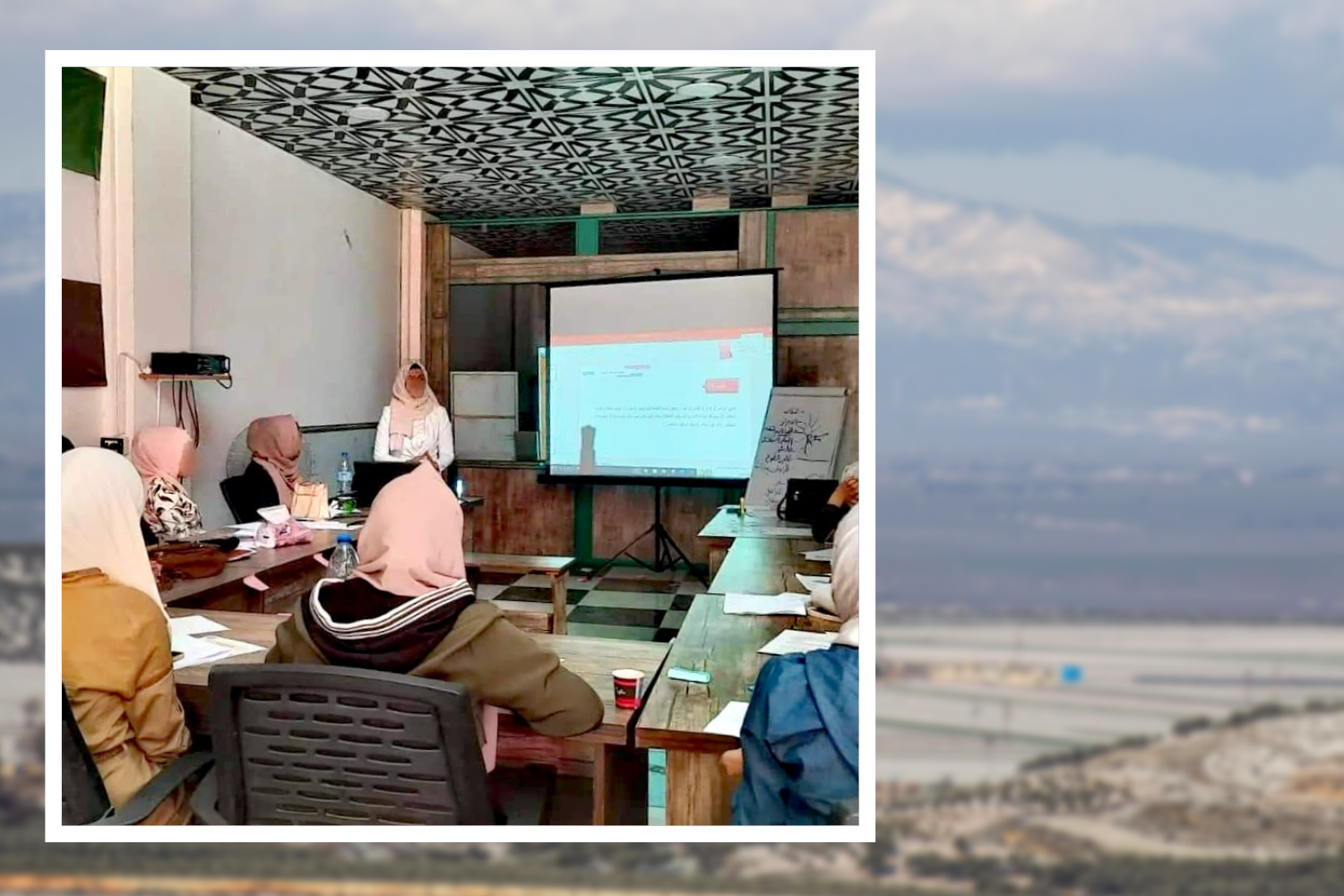The unpredictable, fast-moving and high-risk decision-making environment during the Covid-19 pandemic challenged policymakers around the globe. Decision-making and accountability mechanisms that are fit-for-purpose in today’s turbulent world clearly require more effective coordination across governance levels and sectors, and international borders.
In this Key Issue Guide, we explore some of the key issues and lessons around decision making that have emerged from the pandemic.
Key Issues
An uncertain, unruly world
National governments and global institutions face the persistent impacts of the Covid-19 pandemic, alongside complex shifts and crises in health, economic and food systems and geopolitical relations. The repercussions of these fall unequally across and within countries, with disproportionate risks for lower income countries and marginalised population groups.
The normalisation of authoritarianism
Many governments responded to the Covid-19 pandemic by curtailing civic freedoms for public health reasons and allocating scarce resources quickly with little debate. There has been concern instances of pandemic fuelled ‘everyday’ authoritarianism would aggravate global trends threatening democracy.
Corruption, disinformation and fraying trust
The pandemic created ‘a perfect storm for increased opportunities for corruption’. These trends have affected state-society relationships: trust (or lack of it) has emerged as one of the key issues of the pandemic identified in Covid Collective research.
Spontaneous community action and state-society collaborations
In the early days of the pandemic, across the world grassroots groups and local actors stepped up to fill governmental gaps, meeting community needs rapidly and equitably, and upholding human rights.


